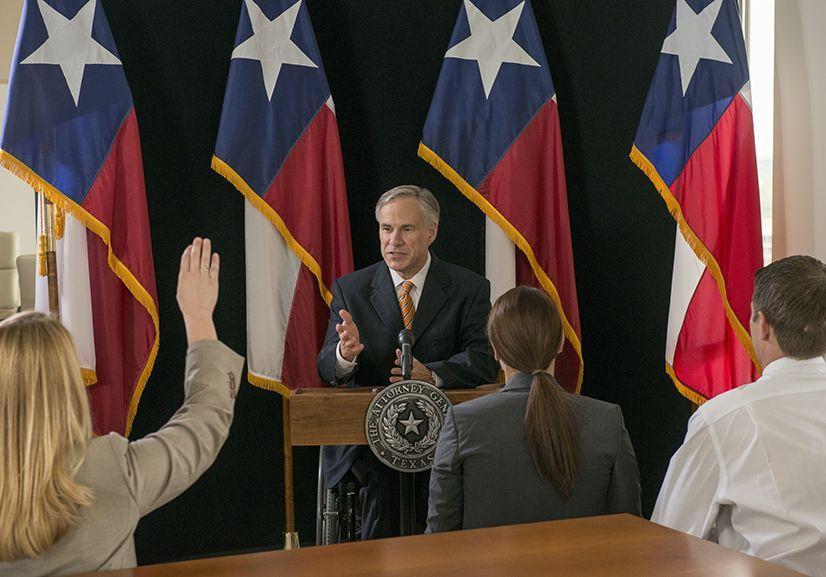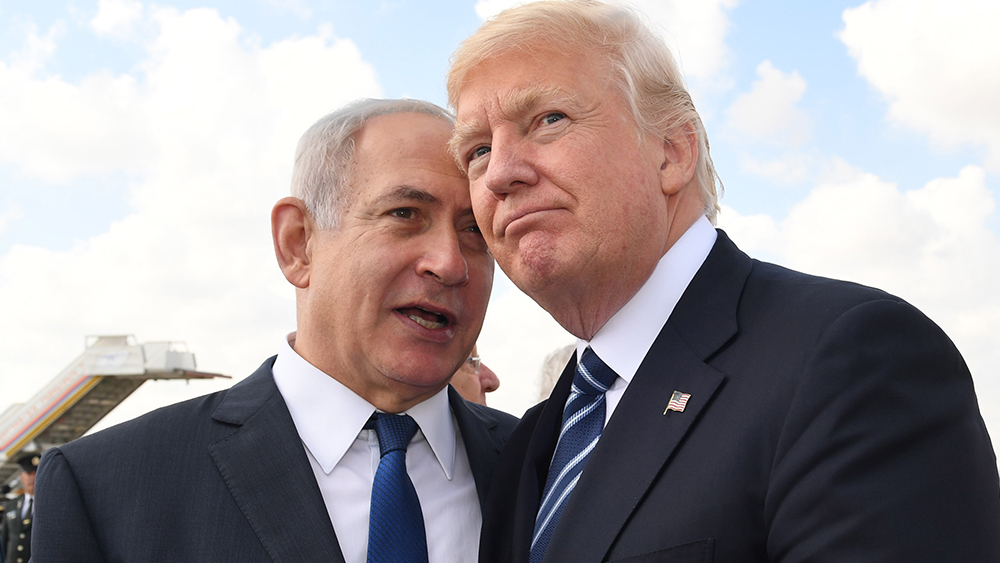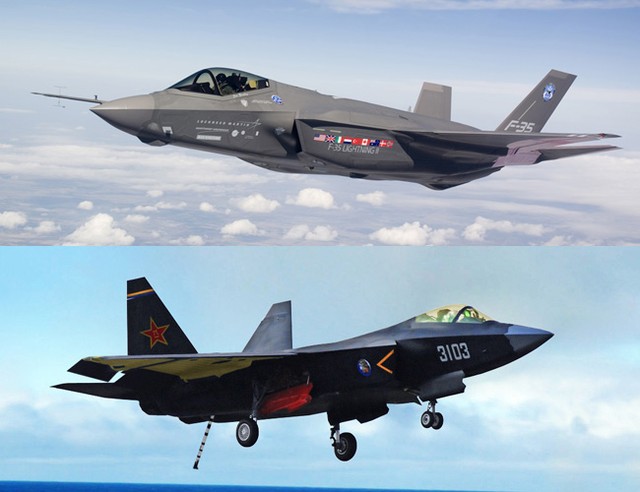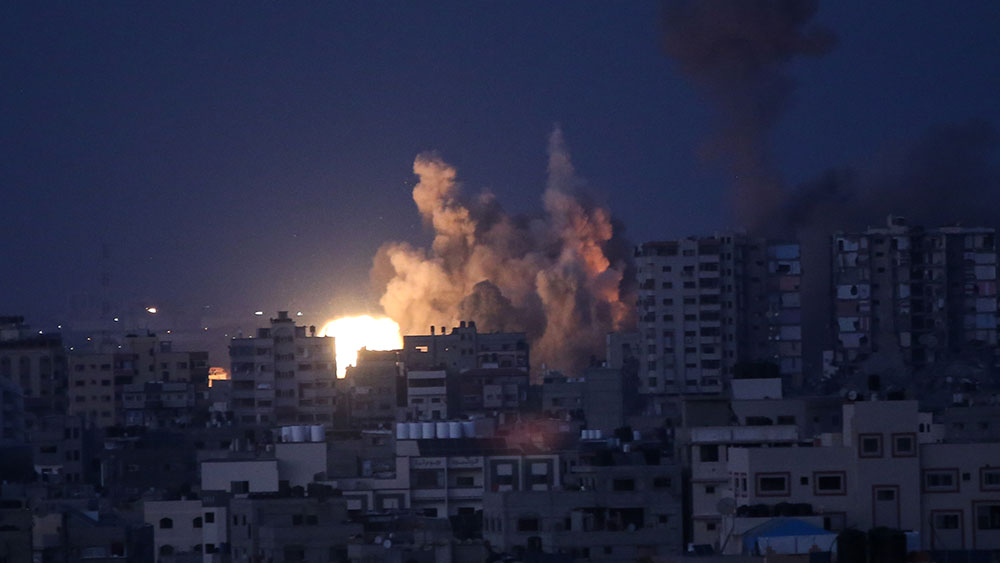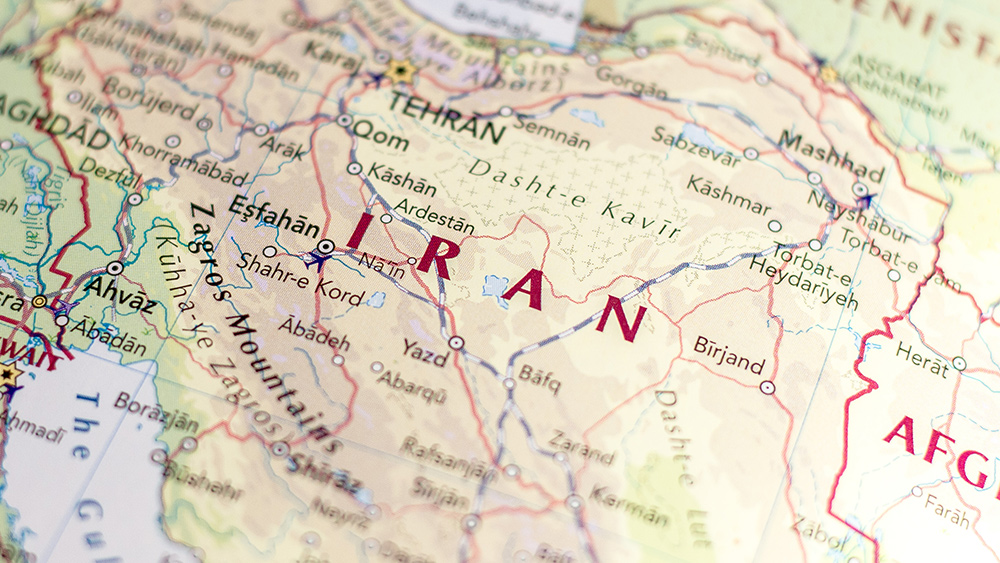 Parler
Parler Gab
Gab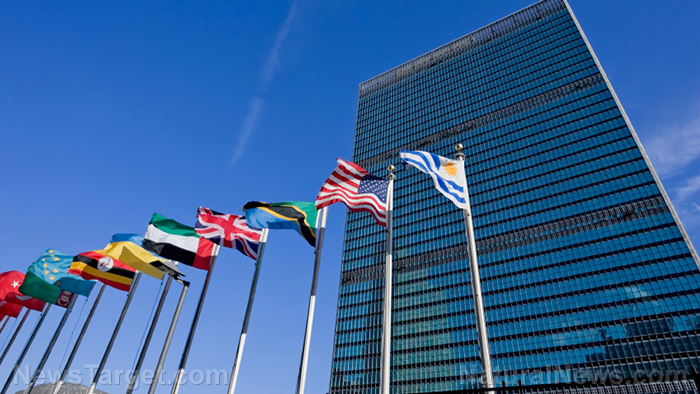
- IAEA Director General Rafael Grossi’s ambiguous reports provided Israel with political cover to attack Iran’s nuclear facilities.
- Critics accuse Grossi of deliberately fueling tension while ignoring Iran’s disproportionate nuclear inspections compared to other nations.
- Israel’s strikes violated international law and derailed ongoing diplomatic talks to revive the JCPOA.
- The aftermath has led to calls for Grossi’s removal, with accusations that his leadership has eroded trust in global non-proliferation efforts.
Questioning the IAEA’s impartiality
For decades, the IAEA has served as a neutral arbiter of nuclear non-proliferation, balancing inspections with diplomacy. Yet under Grossi’s leadership, skepticism about Iran’s nuclear program has intensified despite no concrete evidence of weaponization. Iran undergoes seven times more inspections than the global average, dwarfing scrutiny placed on nuclear-armed states like Israel. Experts argue that Grossi’s phrasing — raising doubts about Iran’s "intentions" — effectively handed Israel a pretext for military action, despite Iran adhering to IAEA safeguards. The IAEA’s role in escalating tensions contrasts sharply with its historical mediation during the Obama-era Iran nuclear deal. Back then, rigorous inspections ensured compliance, yet today, Grossi’s reports emphasize ambiguity rather than verified breaches. This shift aligns unsettlingly with Israeli and American agendas, prompting claims that the IAEA has been weaponized as a tool for regime change — not impartial oversight. The IAEA’s increasing focus on Iran’s nuclear "intentions" rather than verified violations has fueled accusations of bias, particularly given the agency’s reluctance to apply similar scrutiny to Israel’s undeclared nuclear arsenal. Tel Aviv, which refuses IAEA inspections, benefits from this double standard, while Iran — subject to the most intrusive monitoring regime globally — faces disproportionate suspicion. Grossi’s rhetoric echoes U.S. and Israeli narratives, undermining trust in the IAEA’s neutrality. Historically, the agency relied on evidence-based assessments, but since the Trump administration’s 2018 JCPOA withdrawal, its framing of Iran’s compliance has grown more politicized. Reports now highlight ambiguous "possible undeclared activities" rather than definitive breaches, a tactic that erodes diplomatic solutions and justifies sanctions. Some analysts contend this mirrors the UN’s pre-Iraq War failures, where unverified claims justified aggression. As Iran faces unprecedented inspector bans, the IAEA’s credibility as an impartial arbiter wanes, risking its broader non-proliferation mandate and empowering hardliners in Tehran. The selective scrutiny reinforces perceptions of Western hegemony in global institutions, weakening prospects for equitable nuclear diplomacy.Israel exploits IAEA ambiguity to justify aggression
When Israel launched its nighttime strike on Iran’s nuclear facilities, it cited Grossi’s warnings about Iran’s nuclear ambitions as justification — despite no proof of weapons development. This act of aggression, unsanctioned by the UN, violated multiple international laws, including UNSC Resolution 2231 and the IAEA’s own statute protecting safeguarded nuclear sites. The Trump administration, initially cautious, was pressured into retaliating after Israeli Prime Minister Benjamin Netanyahu lobbied Washington. The result? U.S. bombs rained down on Iran’s Natanz, Fordow and Isfahan sites, further eroding global trust in nuclear security norms. Critics argue that attacking safeguarded nuclear facilities — potentially spreading radioactive contamination — sets a catastrophic precedent, one that undermines non-proliferation efforts worldwide. As Iran seeks legal condemnation of Israel’s actions, the IAEA faces mounting scrutiny for its role in enabling this crisis. The agency’s statute allows for the removal of its director general if reports are found manipulative or politically biased — an option that may now be on the table. If Grossi knowingly amplified unverified claims, he didn’t just mislead the world; he handed Israel the narrative it needed to justify an illegal war. The broader implications are dire: an international system where powerful nations dictate enforcement while weaker states face disproportionate punishment. If the IAEA cannot remain impartial, who can? Sources include: RT.com News.UN.org MiddleEastEye.netTexas BANS property purchases by enemy nations in sweeping national security move
By Zoey Sky // Share
Trump announces 60-day Gaza ceasefire proposal as Israel agrees, Hamas remains cautious
By Belle Carter // Share
Iran threatens “FINAL WAR” with Israel as Gaza ceasefire talks gain momentum
By Willow Tohi // Share
Governments continue to obscure COVID-19 vaccine data amid rising concerns over excess deaths
By patricklewis // Share
Tech giant Microsoft backs EXTINCTION with its support of carbon capture programs
By ramontomeydw // Share
Germany to resume arms exports to Israel despite repeated ceasefire violations
By isabelle // Share
